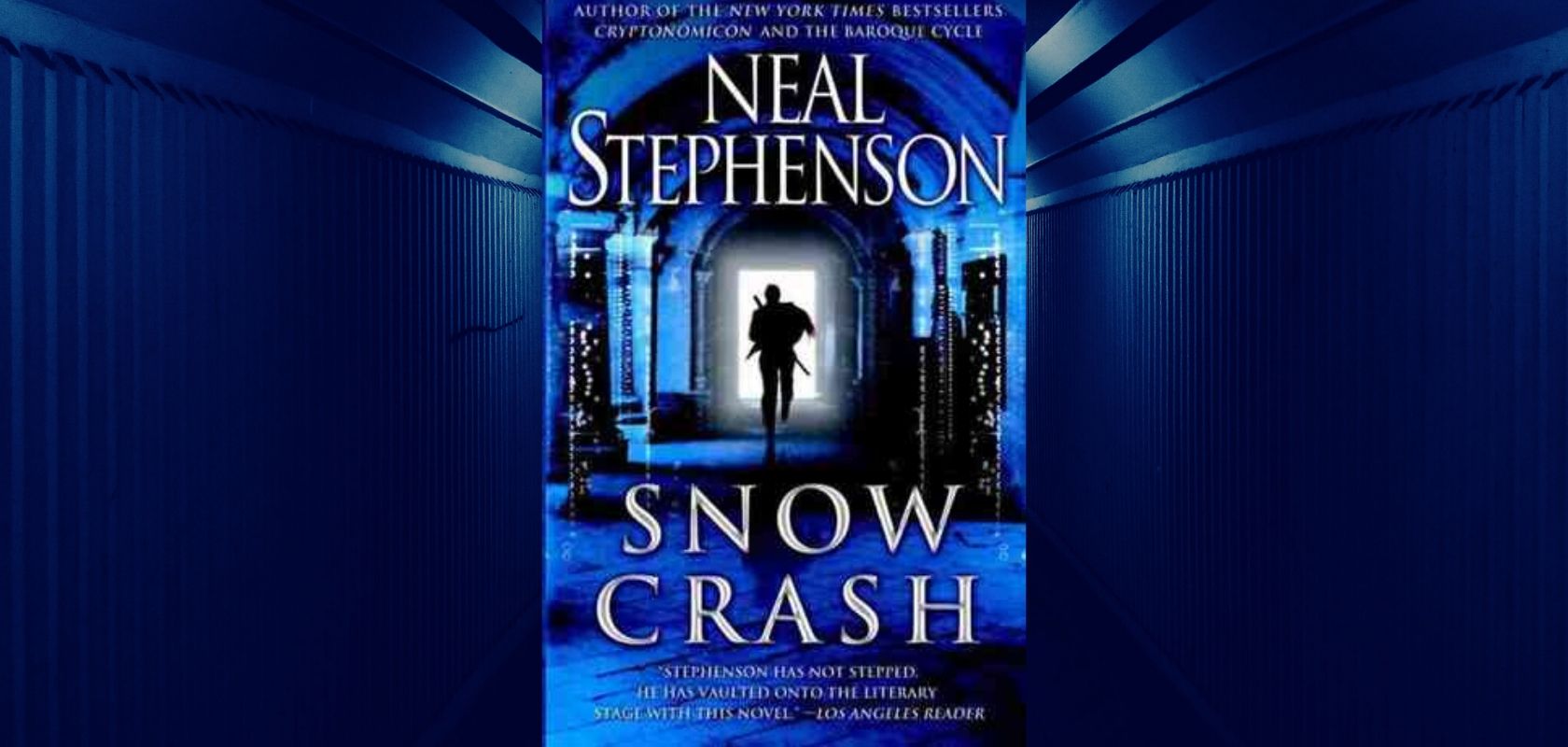Back in 1992, the internet was still very new. No one could have imagined how far it would go less than three decades later. Well, except perhaps Neal Stephenson, author of popular science fiction novel Snow Crash.
Snow Crash, widely considered one of the best tech books of all time, featured a deeply complex plot touching on archaeolinguistics, religion, simulation theory, philosophy, computer science, and memetics. But more specifically, it portrayed a massively multiplayer virtual world called the Metaverse, which is essentially a spatial version of the internet, where people can be whatever they wanted to be and live out completely different lives from their real-world ones.
Stephenson today works at AR startup Magic Leap, with the official title of “chief futurist”, managing a content R&D division called the Self-Contained Existence Unit. Magic Leap is one of the leaders in the AR race today.
To the joy of Snow Crash and virtual reality fans and enthusiasts everywhere, HBO has began production on a TV series based on the book. The series will reportedly be directed by Joe Cornish, who recently directed The Kid Who Would Be King, and written by Michael Bacall who wrote 21 Jump Street and Project X. Stephenson will also be a producer on the show.
The TV series coincides with VR technology finally reaching the point where it’s ready for mass adoption, with high resolution and high refresh rate displays removing the sea-sickness problem that initially held back VR.
Headsets like the Oculus Quest are also completely self-contained, without the need for external trackers or cables. Of course, the Quest is still made by Facebook which is slowly starting to connect its VR devices to its other services, meaning dreaded advertising and spyware.
But hey, if Facebook can do it, surely someone else will soon. Additionally, many are more excited about AR, augmented reality, which Magic Leap specializes in. Augmented reality overlays virtual content over the real world, allowing you to remain present in the real world and only enhance it with virtual elements that you can manipulate. However, for immersive experiences like the Metaverse, VR will remain relevant and unique.










